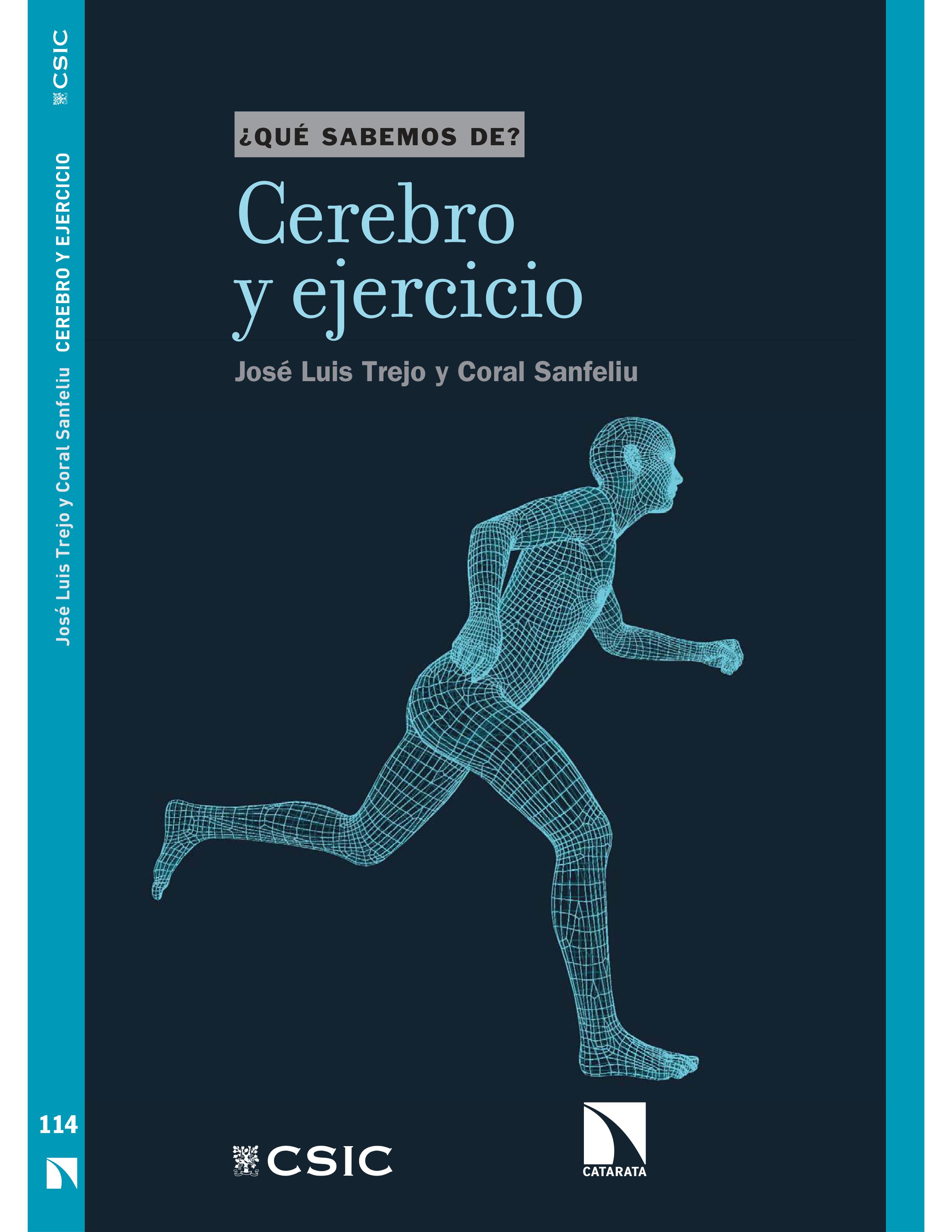


News
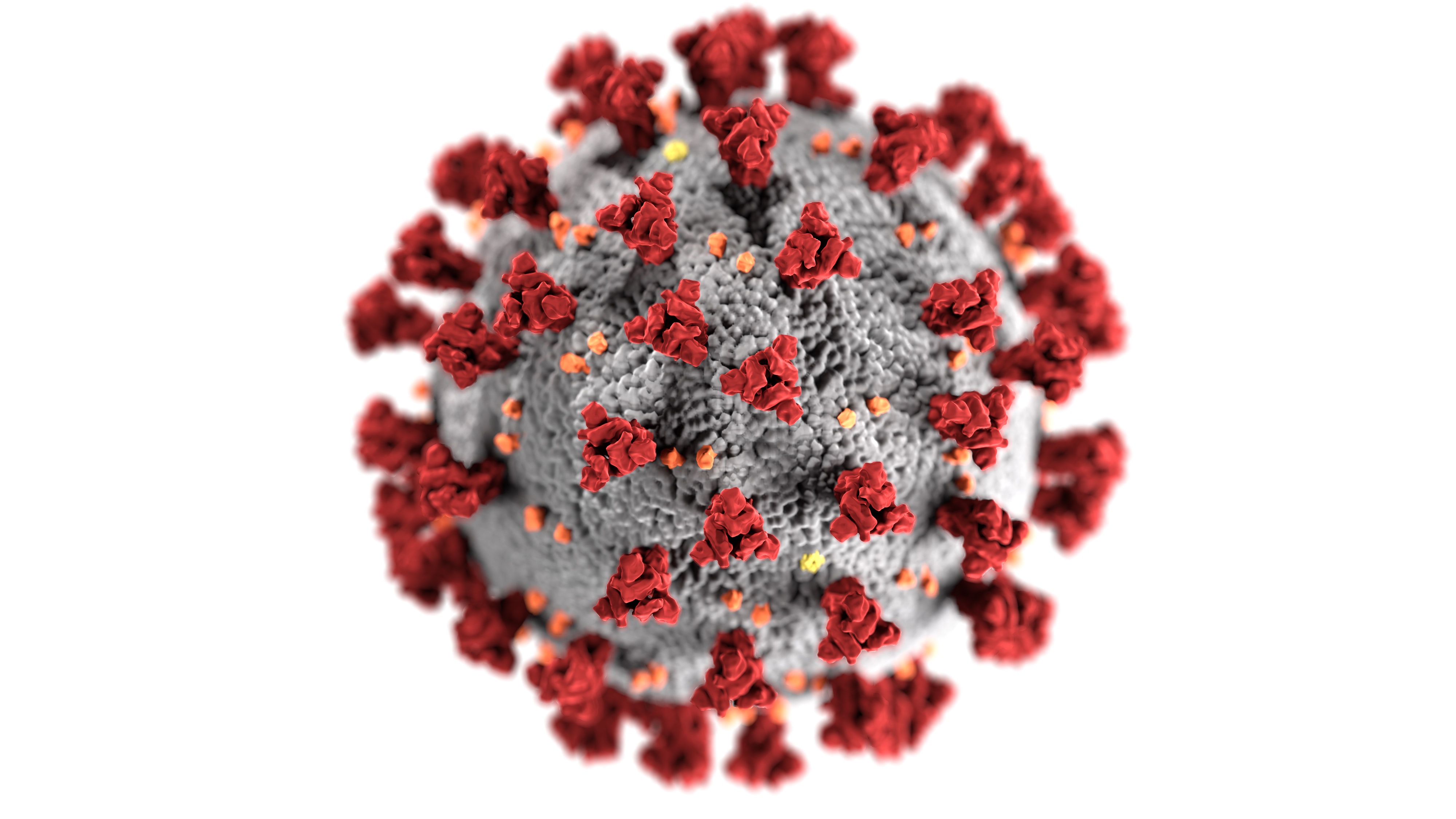

Work led by Dr. Analia Bortolozzi has shown a possible new drug target to alleviate early deficiencies in dopamine function in Parkinson's disease. The results have been confirmed in mice and elderly non-human primates, paving the way to be transferred to humans.
The book “Cerebro y ejercicio” (“Brain and exercise”) is a new volume in the CSIC collection “¿Qué sabemos de…?” (”What do we know about…?”). This is addressed at a wide reader audience to bring the latest advances in the knowledge of the beneficial effects of physical exercise for the correct functioning of the brain.
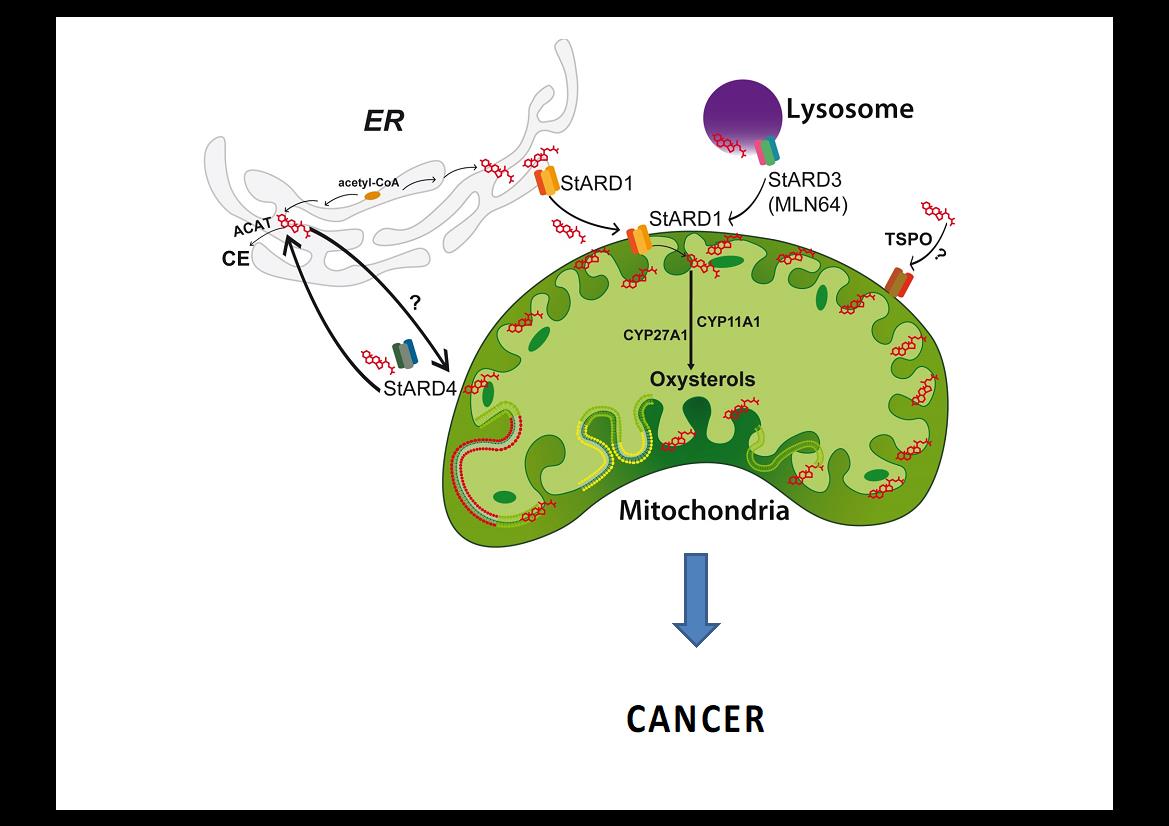
In an invited review published in Seminars Cancer Biology (IF: 11,090), researchers from the group Mitochondrial Regulation of Cell Death, with Dr. Carmen García Ruiz as first author, analyze the role of mitochondrial cholesterol in cancer biology and therapy.
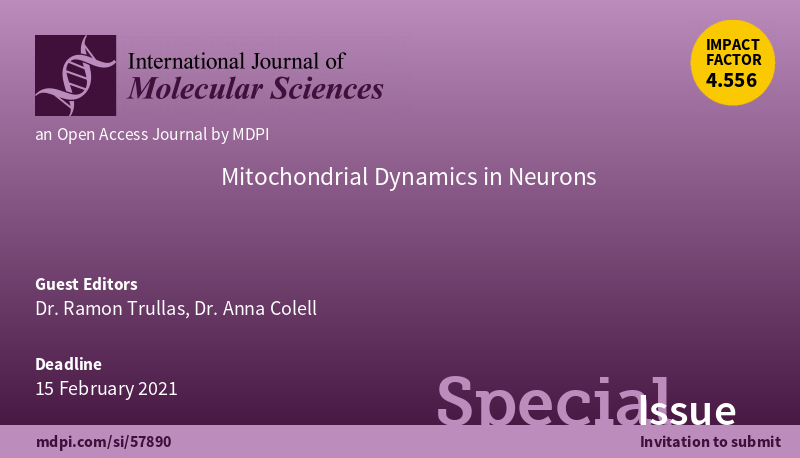
Dr. Ramon Trullàs and Dr. Anna Colell are currently organizing a Special Issue entitled "Mitochondrial dynamics in neurons", in collaboration with the "International Journal of Molecular Sciences (IJMS)", an open access journal published by MDPI, Switzerland. The aim is to cover research on different aspects of mitochondrial dynamics, mito-nuclear communication, and mitochondrial quality control in neurons, including the influence of glia cells on the function of neuronal mitochondria.
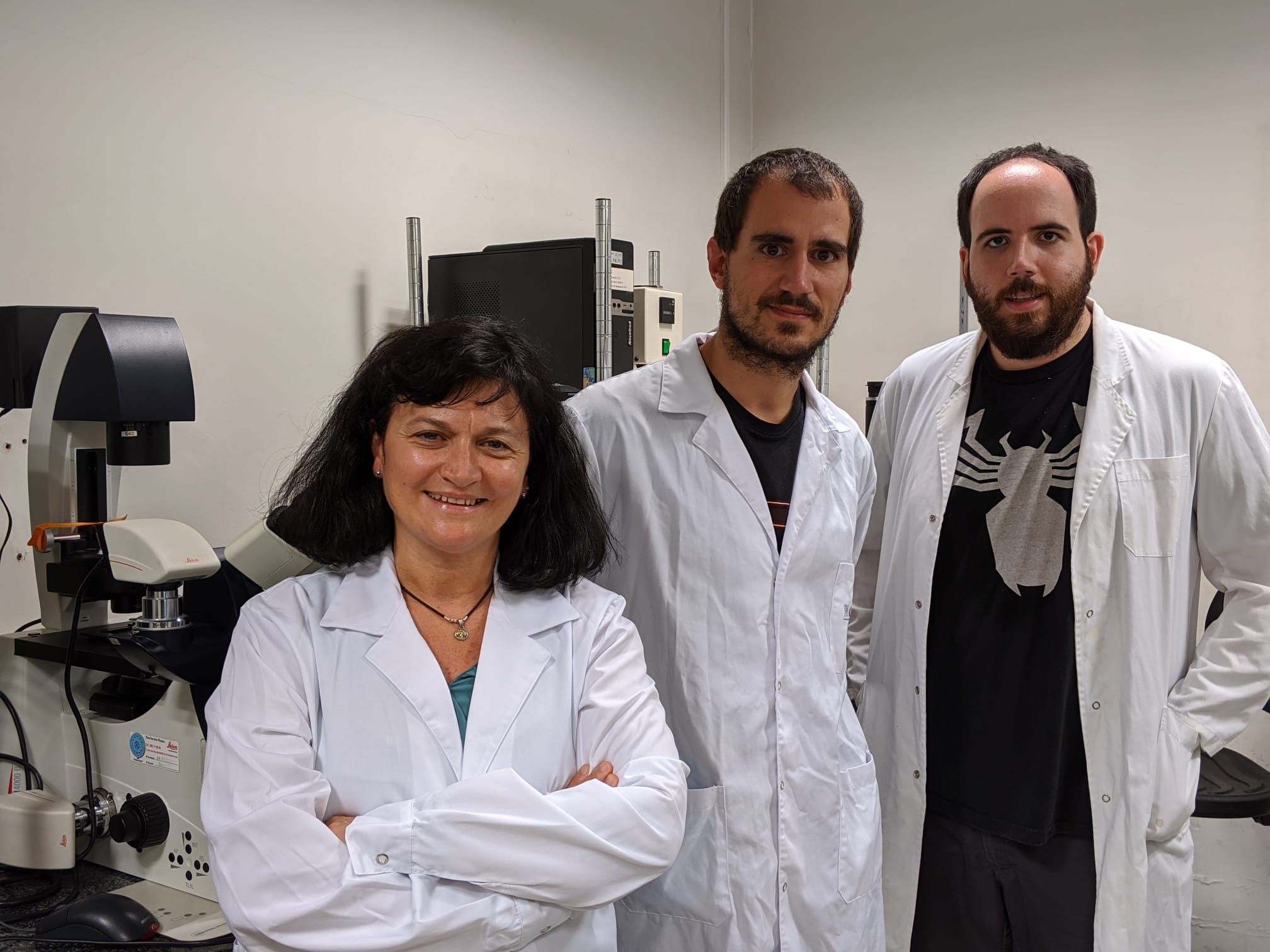
The molecule, designed to act only on dopaminergic neurons, reduces the synthesis and accumulation of the alpha-synuclein protein, key in the evolution of the disease. The study, led by the CSIC’s Institute of Biomedical Research of Barcelonaof and IDIBAPS, has obtained promising preliminary results to control its development.

The new theraputic strategy reduces the inflammation process and de neuronal deterioration in two murine models of the disease.

